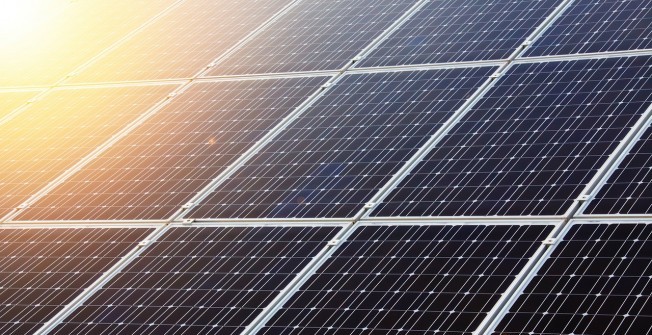
A sometimes ignored aspect of photovoltaic (PV) solar panels is what happens to the electricity they generate that isn’t needed immediately or what happens when the clouds move in. The fact is that electricity generation using PV solar panels is an uneven enterprise with peaks and valleys. Likewise your energy consumption waxes and wanes over the course of the day and is almost never in lock step with power generation. Because of these factors you need to be able to store the electricity you make so that it’s available when needed and the way to do that is through the use of solar storage batteries.
Because of recent adjustments to FIT rates homeowners are more concerned than ever with saving the energy they produce with their rooftop solar panels for their own personal use. The best way to do so is with a lithium ion battery or a lead-acid battery. But which type of battery is best?
Lead-Acid Batteries - Lead acid batteries were number 1 for many years but they’re not a perfect way to store electricity. To begin with they’re heavy. Really heavy. On top of that the ability of the battery to effectively store energy drops measurably when the mercury drops. For instance: when the temperature drops to 0° Fahrenheit the ability of the lead acid battery to store energy drops by nearly half. With most of the UK regularly subjected to icy cold temps during the winter that’s a concern. The situation is aggravated by the fact that cold days are usually peak energy consumption days so you have a perfect storm of low storage capability but high demand.
Lithium Ion Batteries - Lithium ion batteries have been around for decades but only recently have they begun to show their immense value as vessels for storing solar electricity. Their advantages over lead-acid batteries are numerous beginning with the fact that the 0° Fahrenheit day will only reduce the lithium ion battery’s ability to store electricity by some 10% rather than the 50% of the lead-acid battery. Lithium ion batteries also require fewer raw materials to produce and are several orders of magnitude smaller and lighter than their lead-acid counterparts. Lithium ion batteries also typically have a much longer useful life, sometimes as much as twice the life of a lead-acid battery.
Cost - The elephant in the room when discussing lithium ion batteries is their cost. It can be significantly higher than that of a lead-acid battery and that alone is a big reason why the older technology remains popular. However, over the course of their life the lithium ion battery will more than make up for their higher acquisition cost by making more electricity available for use and by outlasting the lead-acid battery by a factor of 2 to 1.
While both methods of solar storage have their advantages lithium ion batteries are fast becoming the more popular choice for homeowners and businesses who need to store the power generated by their solar panels. Give us a call to find out more, or take a look at our free solar panels .